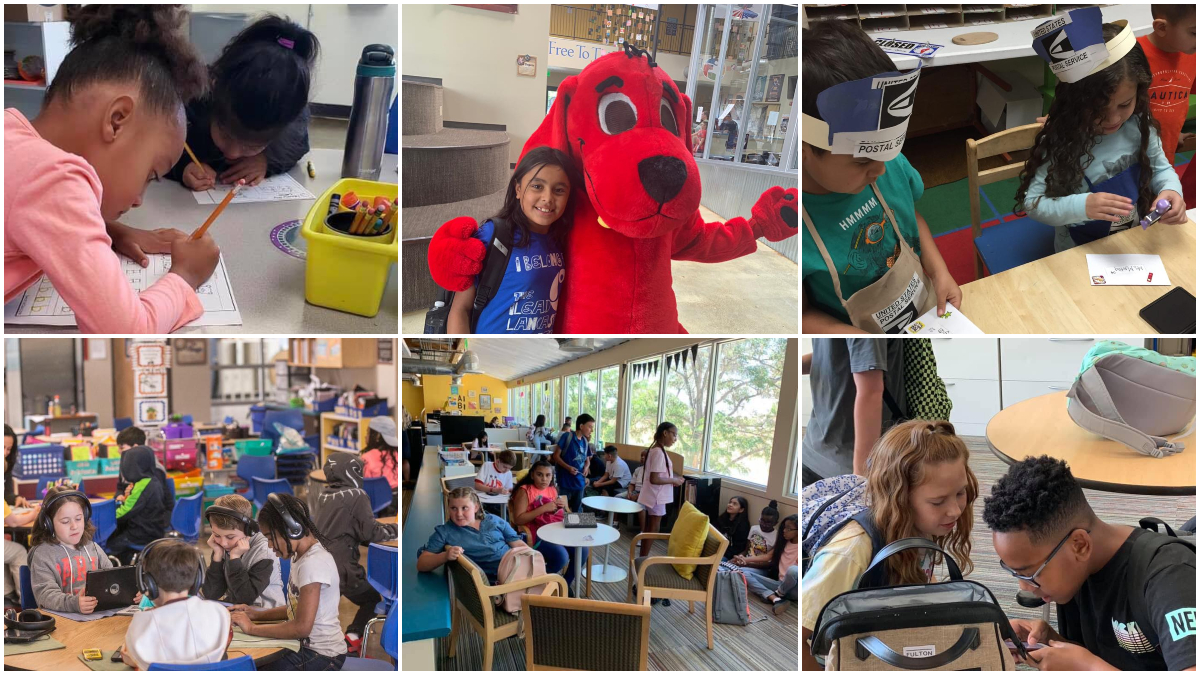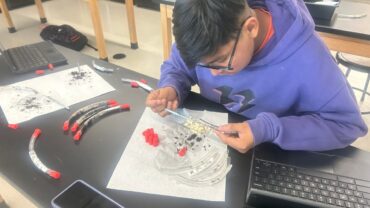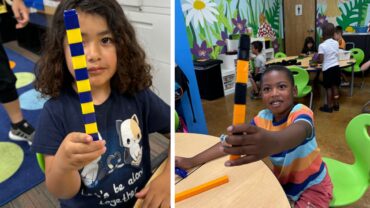Exploring the iLEAD Lancaster Culture: Habit 4 of the 7 Habits

Editor’s Note: This is one in a series of articles on the pillars of iLEAD Lancaster’s educational philosophy and approach.
“In the long run, if it isn’t a win for both of us, we both lose. That’s why win-win is the only real alternative in interdependent realities.”
— Dr. Stephen Covey
This week, we’re examining Habit #4: Think Win-Win. Someone with a win-win mind-set sees life as a cooperative arena, instead of a competitive one. Win-win is a frame of mind and heart that constantly seeks mutual benefit in all human interactions, and means agreements or solutions are mutually beneficial and satisfying.
Why is this habit so vital to us at iLEAD Lancaster? Because none of us lives in a vacuum. Every day, we interact with other people who have their own sets of passions, motivations, and priorities. So how do we successfully navigate the world as an individual among many other individuals?
Dr. Stephen Covey held that a person or organization approaching conflicts with a win-win attitude possesses three vital character traits:
- Integrity: sticking with your true feelings, values, and commitments
- Maturity: expressing your ideas and feelings with courage and consideration for the ideas and feelings of others
- Abundance Mentality: believing there is plenty for everyone
Developing a win-win approach is also beneficial to our growth and maturity. As we seek to have win-win interactions and relationships, we develop our humility, better recognize the humanity of those around us, develop long-term perspectives, and also learn to become more assertive.
There are four steps that can help the win-win process be truly beneficial for all involved:
- See the problem from others’ perspectives to understand their needs and concerns
- Identify the key issues and concerns involved
- Determine what results could make for a fully acceptable situation
- Identify options for how to achieve those results.
Developing a win-win mind-set is an important step toward being a more collaborative individual, which is at the heart of what the iLEAD Lancaster learning model is all about. Win-win is certainly a balancing act, but when we strike that balance everyone benefits.
Join us next week as we explore Habit #5: Seek First to Understand, Then Be Understood.
For more information on the 7 Habits and other leadership resources, click here to visit the FranklinCovey website.
RECENT POSTS

Developing Leaders through Project-Based Learning at iLEAD Lancaster
At iLEAD Lancaster, a free public TK-12 charter school in Lancaster, CA, we believe that every child is a leader. That’s why we’ve integrated Project-Based Learning (PBL) as a cornerstone… Read more

Free Summer Meals for Kids & Teens
We want to make sure all our families have access to meals this summer. Nutritious summer meals are available for all individuals ages 18 and under at nearby locations. Meal… Read more

International Day of Play 2025: Celebrating the Power of Play at iLEAD Lancaster
Join us in celebrating International Day of Play on June 11! After decades of research, the evidence keeps building that the best way for children to learn and thrive is through… Read more


